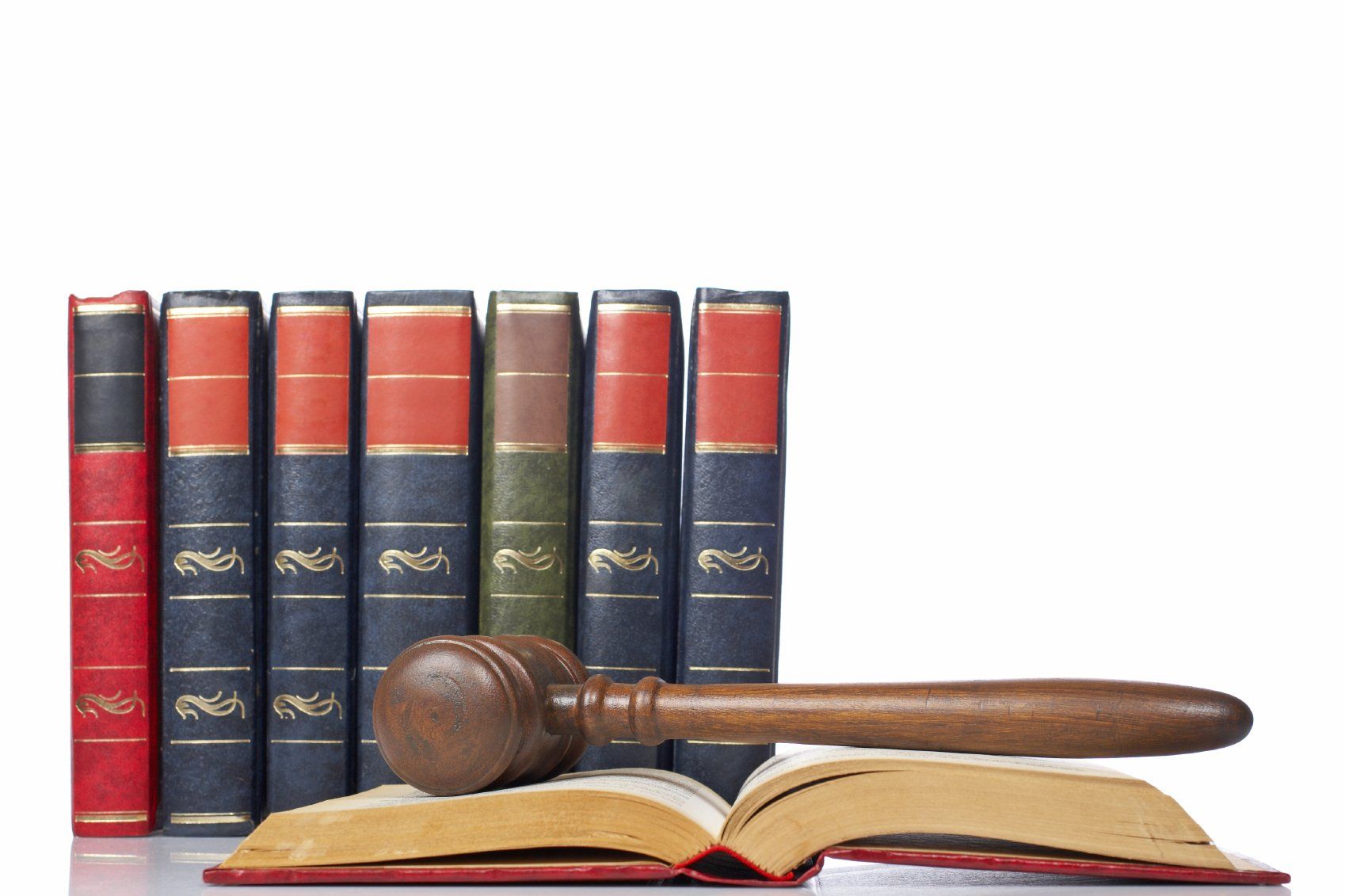Managing Elections in the age of AI
What impact does AI have on how we manage elections?

2024 is shaping up to be one of the most interesting years for elections worldwide that we have seen. Globally this will be the biggest exercise in democracy ever undertaken with just under half of the world's population being asked to choose their national leaders.
Whilst in this country we cannot guarantee a general election this year, everyone's assumption is that it will happen. Irrespective in large parts of the country there will be significant local and mayoral elections.
These elections will be the first major test of democracy since we have seen widespread and large-scale access to meaningful AI. The launch of large language models such as Chat GPT, Bard and their relatives as well as the introduction of picture generators such as DALL-E, Midjourney and Stable Diffusion has completely changed the landscape of accessibility. At a higher level the creation of computer-generated fake video and audio has also become far more believable and inexpensive.
Now anyone with an internet connection is able to create sophisticated and detailed images and text which can mimic reality in ways which are believable. Clearly this can assist and be a positive, or alternatively spread confusion and mislead people leading to harm.
For those of us involved in the management and running of elections the only outcome which truly we care about is that the process is seen to be clear impartial and effective. The electorate and candidates not only demand this of us but have the added desire to see their personal preference expressed as the final result!
Fortunately, as returning officers and their teams we do not directly have to monitor or police the conduct of candidates and campaigns. Where specific offences may have occurred, this is a matter for the police. However, some material may challenge the validity of the electoral process or the activities of the organisations we run.
So where does AI fit within this? In and of itself AI is just a new tool to be used in old ways. It has always been possible to doctor photographs or spread rumours which create disinformation; the change is the ease of creating believable and realistic content.
This year new provisions in the Representation of the People Act 1983 come into force regarding undue influence. The provisions of section 114A significantly increase the scope of corrupt practises. Significant attention is focused on acts which directly impact influencing the way somebody chooses to vote (or not as the case may be) but also activity which is designed to deceive a person in relation to the administration of an election.
Many of us will remember that during the afternoon of polling day on the European referendum voters started appearing wanting to mark their ballot paper with a Biro rather than the traditional pencil mark. This was because of a social media campaign suggesting the pencil ballots would be changed to ensure the “correct” result. This was clearly a conspiracy and anyone who has actually attended a count would realise how impossible that would be. However the belief for some was real and in places persists.
Spreading this sort of misinformation could now be caught under section 114A(4)(g). But prosecution always comes after the fact and not within a reasonable time scale for managing an election. Returning Officers and their teams will need to be alive to this continued risk and be prepared to respond appropriately.
Despite the hype, AI in and of itself doesn't change elections. What it does is facilitate those who may have always tried to influence an outcome. They have additional flexibility and tools in their arsenal, and those tools are cheaper, faster and more flexible than ever before. As administrators all we can do is to ensure that we continue to provide an excellent impartial and fair process for all and make sure that we communicate what we are doing effectively and clearly.
Disclaimer
The information in this blog post is correct to the best of my knowledge and belief at the time of publication. Whilst I provide general thoughts comments and views on topics, the comments are a summary and not to be regarded as definitive legal advice. Please take detailed advice if you need it from a suitable professional who can look at your personal circumstances and details.









